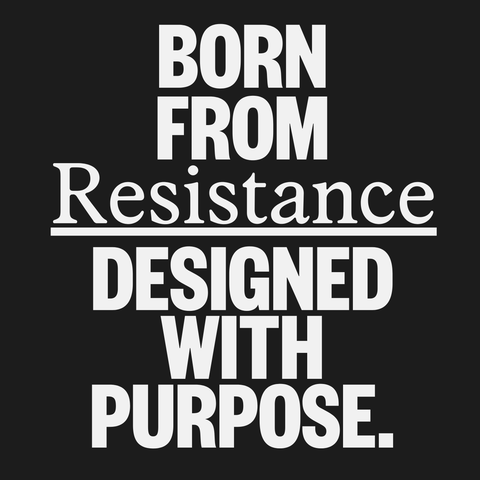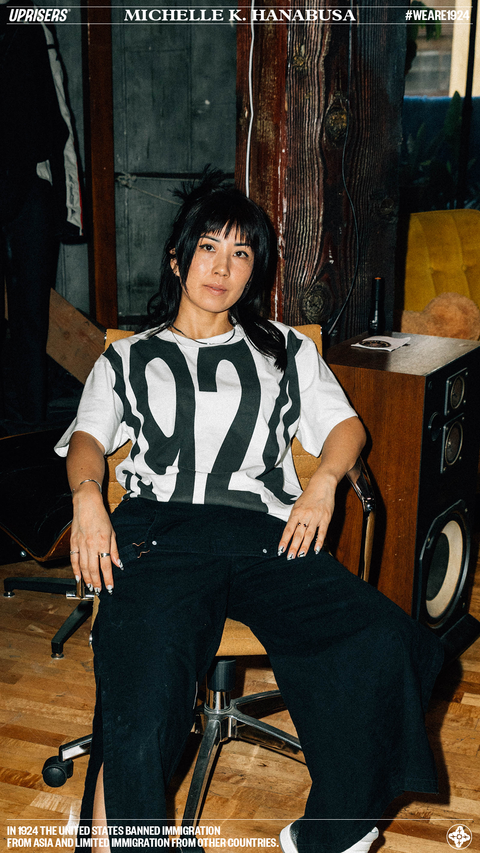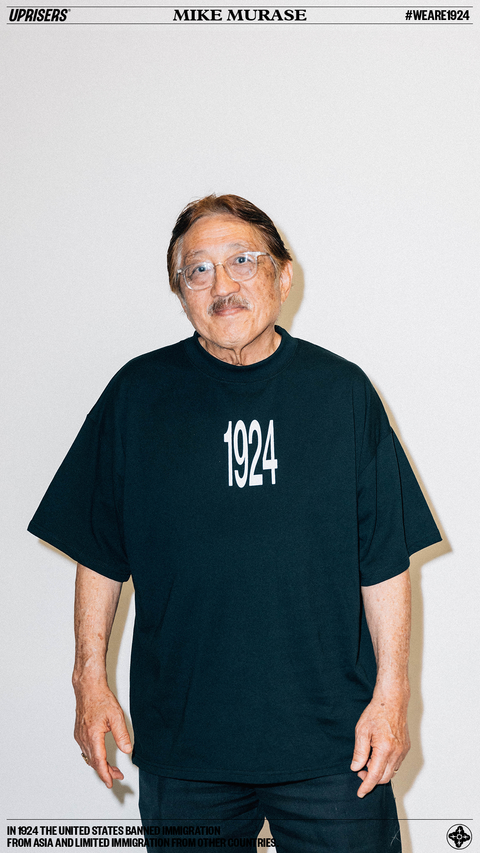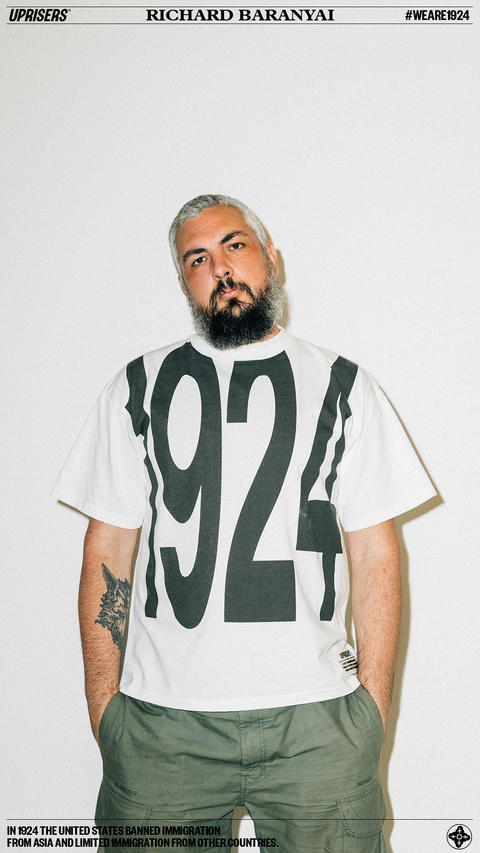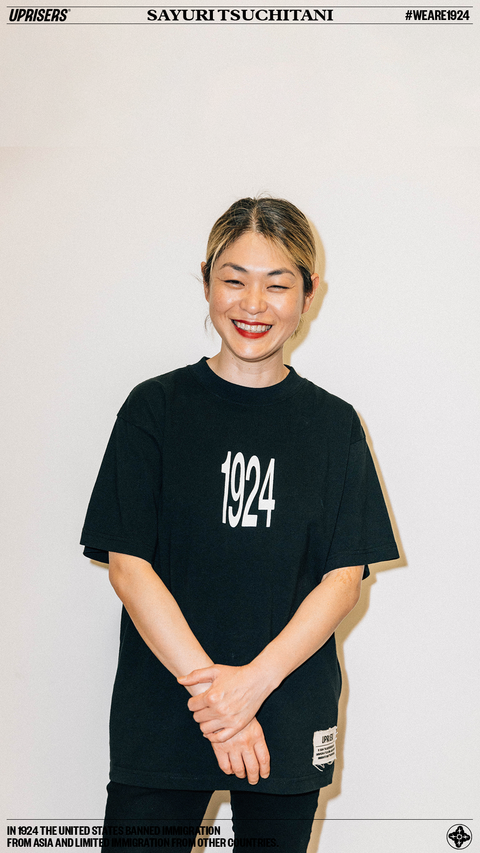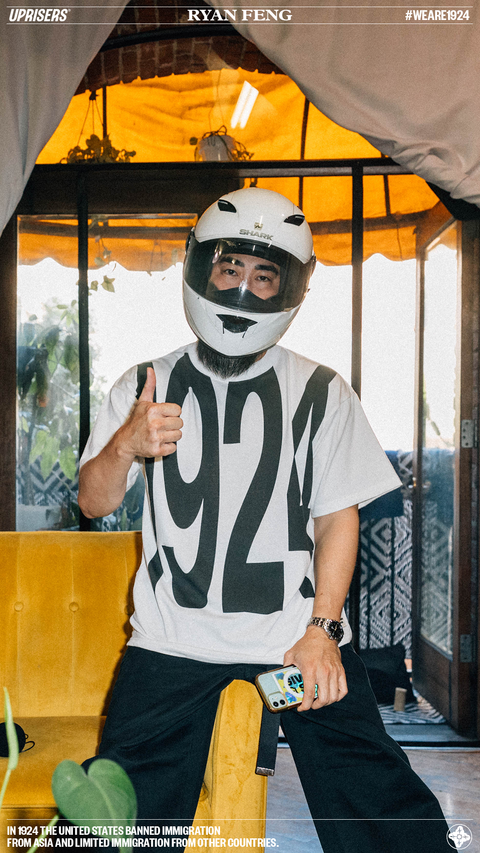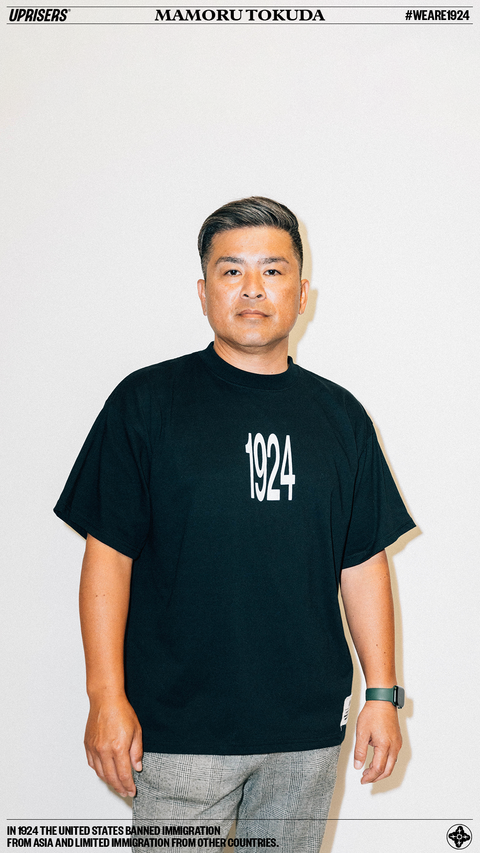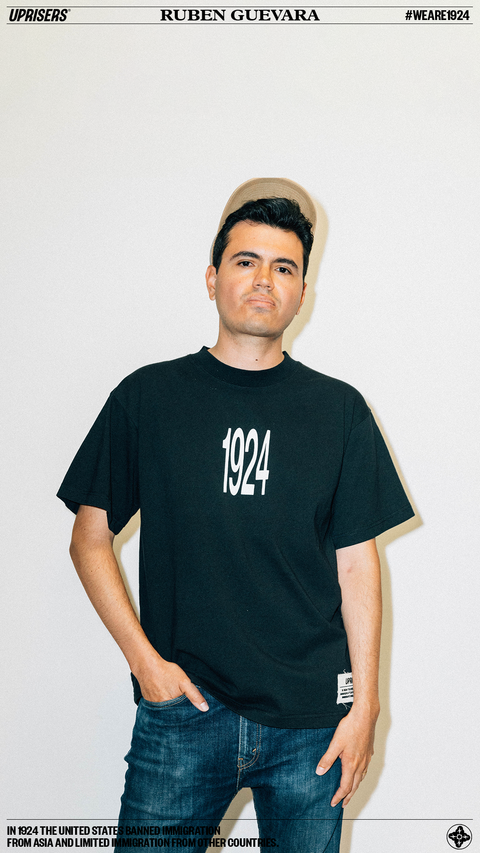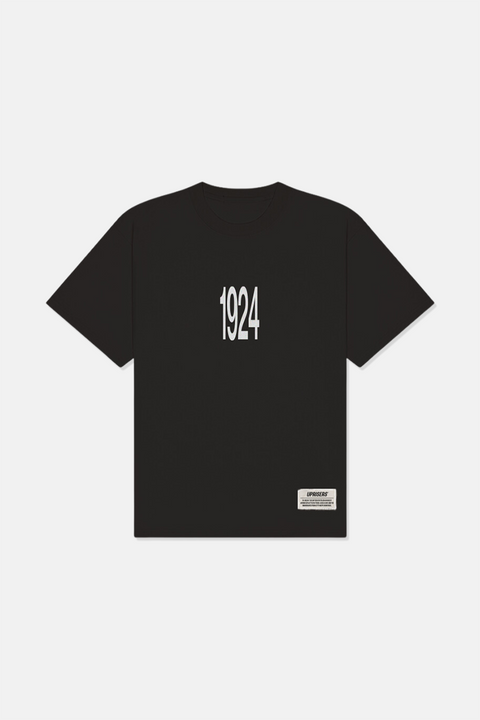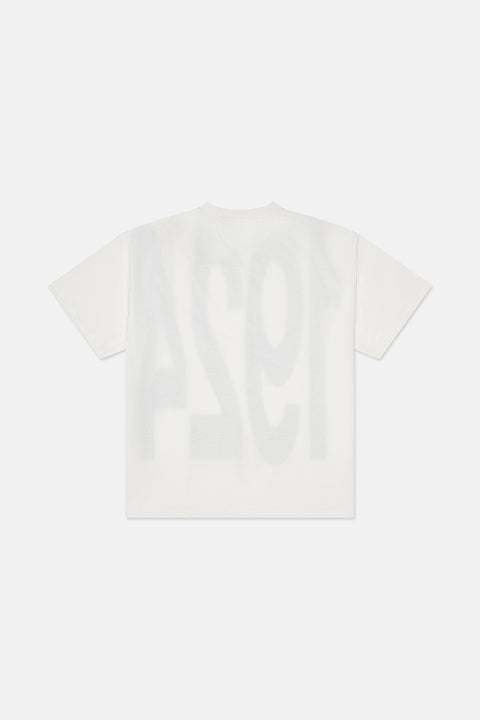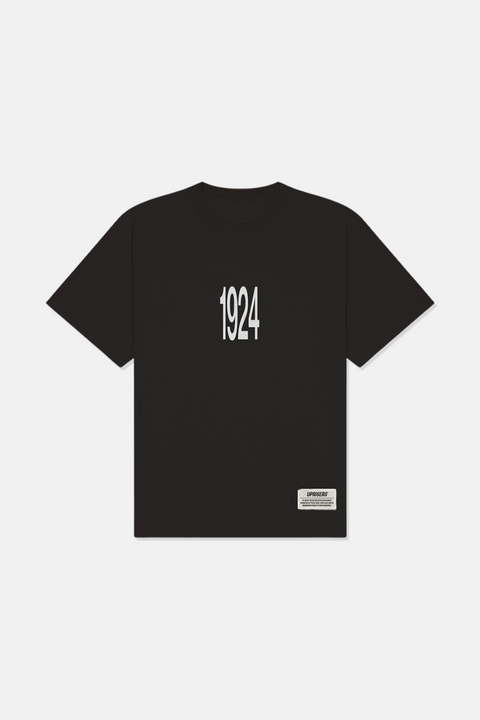
WHAT IS YOUR IMMIGRATION STORY?
My mom and dad immigrated in the early 80s, from China to Australia, so my dad could get a doctorate in engineering from the University of Sydney. After he completed that, they immigrated to Canada in the late 80s and we were there until I was about five or six and then in the early 90s my dad brought us to wonderful sunny Arizona where we've been ever since. It was wild growing up in Arizona. At that time less than 2% of the population was Asian. So although my parents did all of the hard work in immigrating and all the trials and tribulations of that, I also had my own immigration story, so to speak, right? I'm really grateful to them when I think back on it because they went through three different countries for me just to have a little bit of stability in my childhood and my formative years. And still, being a minority in such a homogeneous community, I went through my own traumas but in very different ways.
WHAT DOES YOUR CURRENT JOURNEY LOOK LIKE?
My mom passed in 2014 and my dad is in his 80s now. Even today I'm realizing the growth and the experience we're going through on this journey together because there hasn't been any groundwork laid prior to that of what does aging as an immigrant in the US look like where you don't have your family extended family community culture from an aging perspective? What does that look like? What are the responsibilities that get put on the immigrant child's shoulders and that family? And so we're going on that journey together even in real time today. As for me, I've got two kids, who are growing up as first generation Chinese Americans, and how do I continue that cultural connection for them? How do I show them that connection that they have to their extended family? How do I support them so that they have the best experience possible? Their experience is very different than mine because they're not immigrants. I am. But they've got to go on their own journey, their own they've got to have that experience on their own as well. And all I can do is impart the knowledge that I've had in my limited time on Earth to them and share the stories of even our immediate family so that they can use that to their advantage. But their experience as children is so vastly different than mine.
Even though we're still in Arizona, my kids attend a public school in Arizona that's dual language immersion, if you can imagine that. And they are learning Mandarin Chinese. It is absolutely wild and incredible to see because my kids are going to school and they're not tokenized like I was. They refer to their grandfather as yéye and no one bats an eye. But in the same vein, when they engage with other kids their age who aren't in the dual language immersion program, my other kids will stop because they have no idea what that term means, and they have to translate in real time. So it's similar to my experience growing up but a new page of the book. So seeing that is interesting and all I can do even from a cultural support perspective, is just to be there and hear them when they tell me their stories and try to provide tools and methods for them to feel stronger and more confident in who they are.
Also, the digital aspect of it. Growing up in the 90s and early 2000s, you weren't connecting with your extended family. There was no WeChat, FaceTime, social media, and it was every once in a while, you'd get on a phone call and your parents would say, " my gosh, come say hi to your extended family." And you would just hear that phone being passed around to different people in the room. My kids, even though they are oceans away from their extended family, they still have a connection to them because of our connectivity as just a global society. And that is so cool. Immigrants always have that core familial group that they rely on. And to get into that is to try and find community of other immigrants. My kids not only have that experience, but they also have their other half; we do have extended family on my partner's half and their dad's half, but they also have this global community that they connect to, so they ask about their cousins in China and Australia and around the globe.

